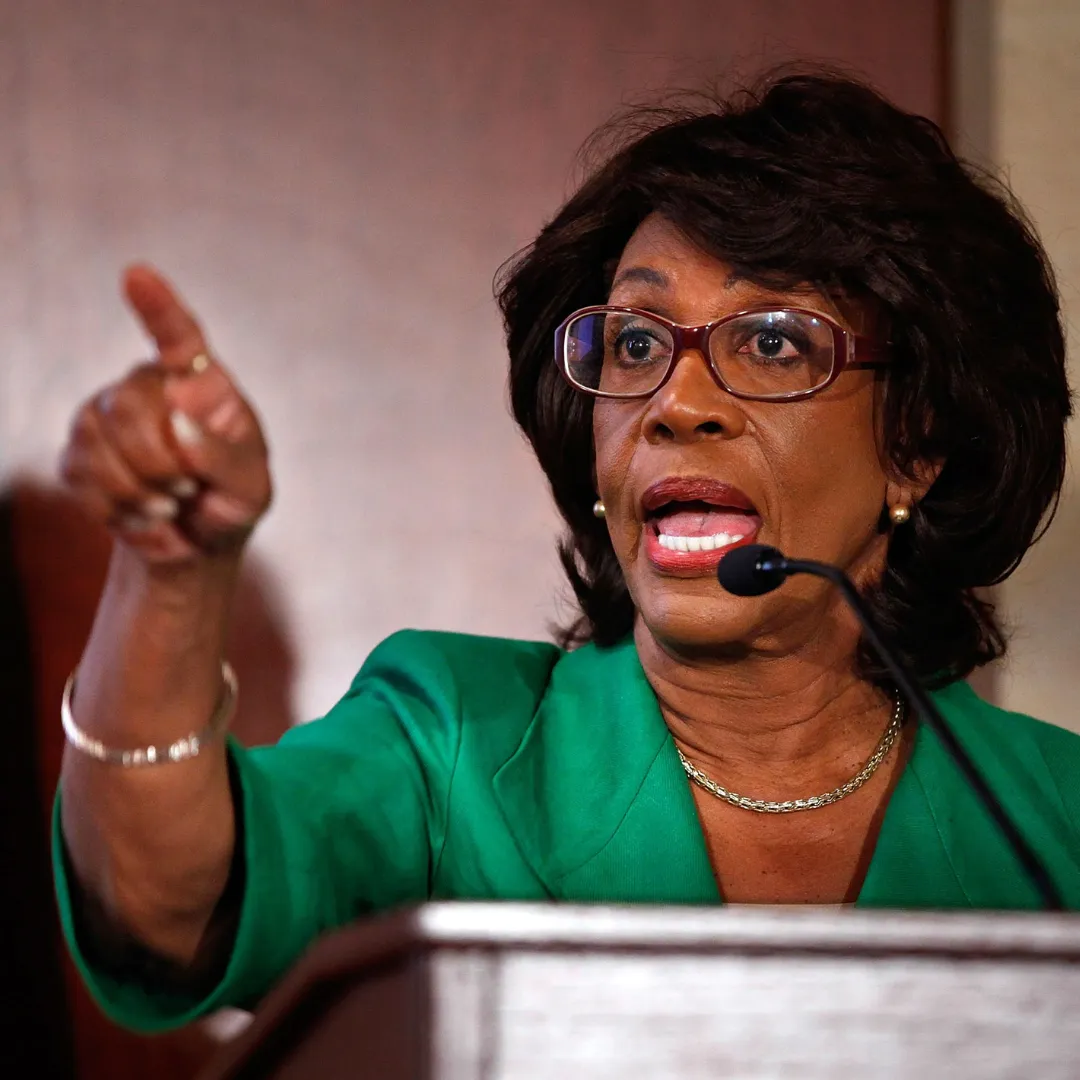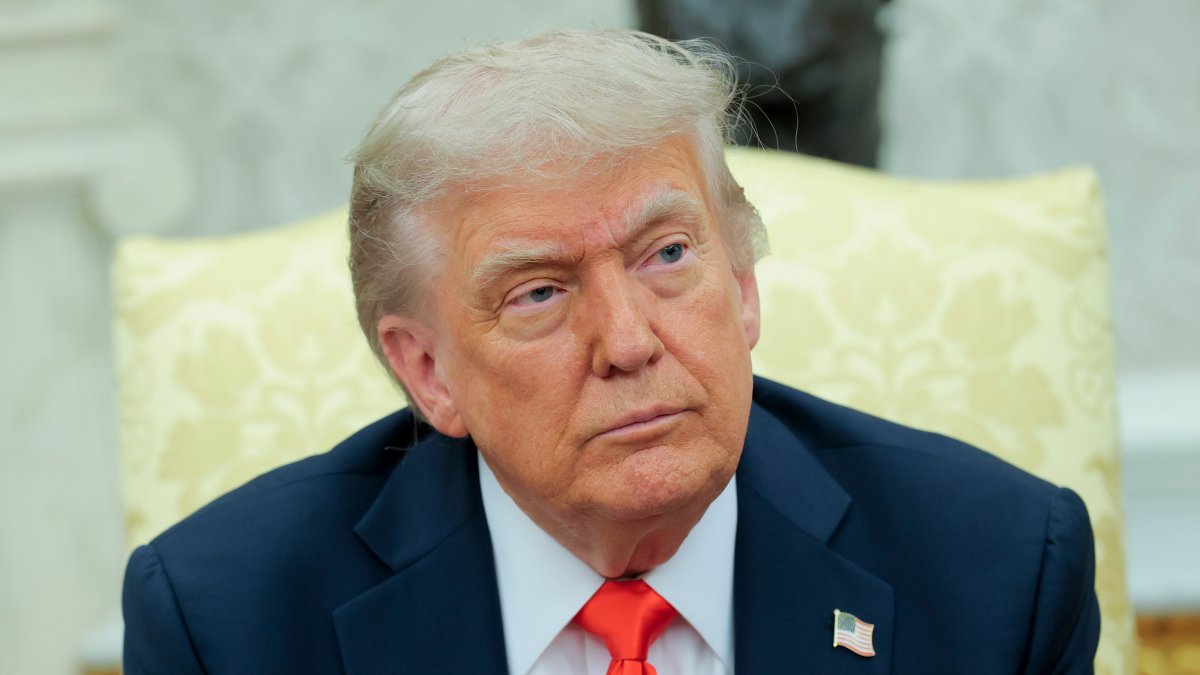
In a decisive rebuke of President Donald Trump's sweeping executive agenda, a federal judge in California has moved to block the administration from enforcing new restrictions on grant recipients that would have barred funding to organizations promoting diversity, equity, and inclusion (DEI) or recognizing the existence of transgender people. The ruling, issued Monday by U.S. District Judge Jon Tigar, is being hailed as a major victory for LGBTQ+ organizations who argued that the administration’s actions represented a flagrant violation of constitutional protections—especially those concerning free speech and equal protection under the law.
The lawsuit, brought by a coalition of health clinics, advocacy groups, and the Gay Lesbian Bisexual Transgender Historical Society, centers on a series of executive orders signed by President Trump during the first months of his second term. These orders sought to condition the allocation of federal grant funding on strict adherence to what the administration calls "traditional values" policies—effectively banning the use of federal funds to promote DEI or gender ideology in federally funded programs.
Critics immediately warned the orders would devastate essential services aimed at vulnerable communities, particularly LGBTQ+ Americans.
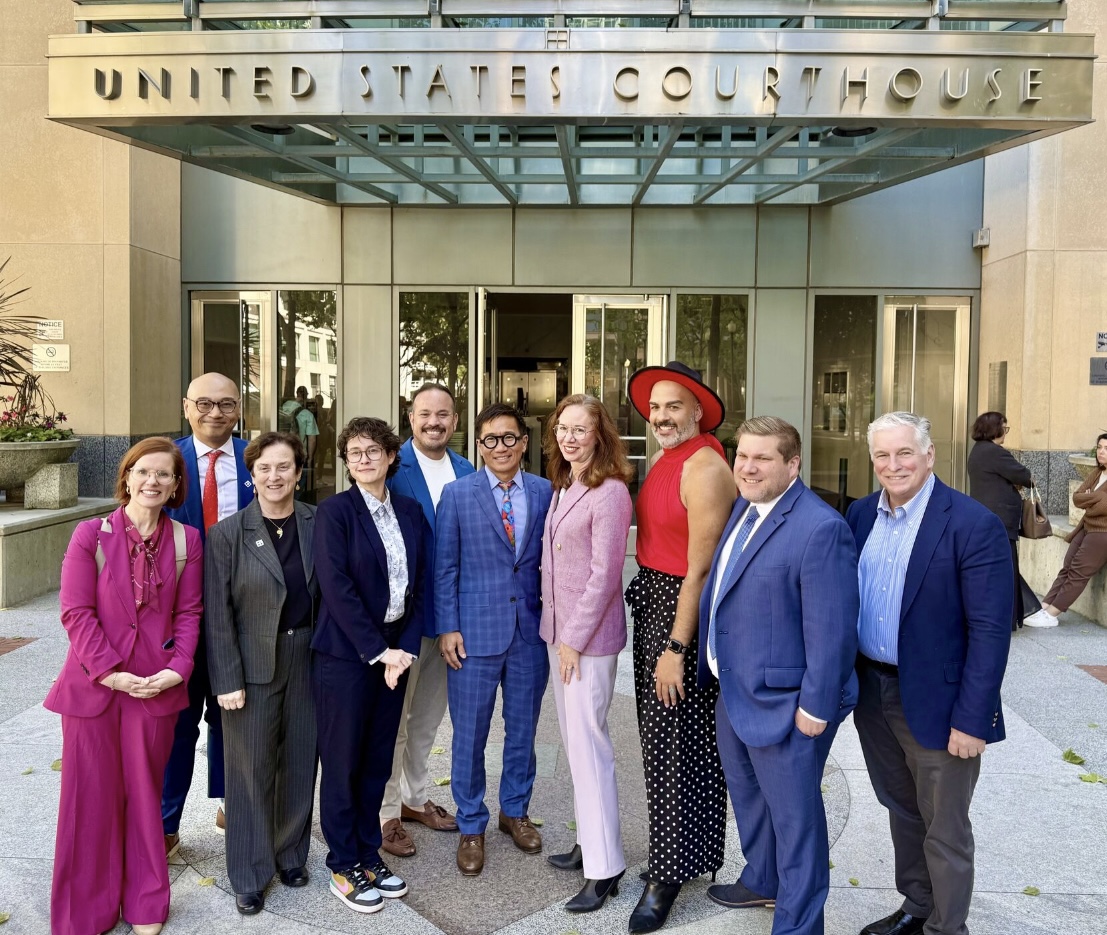
Judge Tigar's preliminary injunction halts enforcement of these directives while litigation continues. In his opinion, he made clear that even the executive branch must remain constrained by the Constitution when implementing its policy agenda.
“The government cannot weaponize congressionally appropriated funds to single out protected communities for disfavored treatment or suppress ideas that it does not like or has deemed dangerous,” he wrote, adding that the contested funding rules appear to censor constitutionally protected speech and services.
The immediate impact of the ruling is a suspension of Trump’s order, which had already prompted federal agencies like the Centers for Disease Control and Prevention (CDC) to begin cutting funding to organizations promoting DEI or acknowledging transgender identities. For example, the San Francisco AIDS Foundation, one of the plaintiffs, received a five-year, $1.3 million grant from the CDC in 2023 to expand sexual health services for disproportionately affected populations.
In April of this year, the CDC notified the nonprofit that it must “immediately terminate all programs, personnel, activities, or contracts” that promote DEI or gender ideology or risk losing that funding.

Such notices sparked widespread panic among LGBTQ+ service providers, many of whom rely on federal support to maintain lifesaving programs. Advocates say the abrupt shift not only undermines public health efforts but reveals a broader campaign by the Trump administration to dismantle civil rights protections under the guise of fiscal oversight.
“This isn’t about managing budgets—it’s about silencing communities,” said one legal expert close to the case.
The Trump administration has aggressively pursued a rollback of progressive initiatives since January, issuing a flurry of executive orders aimed at erasing transgender protections, eliminating DEI programs across federal agencies, and reshaping the government’s civil rights agenda. Lawyers representing the federal government argue that these moves are well within the president’s constitutional authority, claiming he has the right to align government spending and enforcement with his policy priorities.
They are expected to appeal Judge Tigar’s ruling.
But civil liberties advocates counter that Congress—not the executive branch—has the power to determine how federal money is used. “This administration is trying to do through the backdoor what it can’t do through legislation: strip marginalized communities of rights and recognition,” said an attorney representing the plaintiffs. “The Constitution doesn’t permit that.”
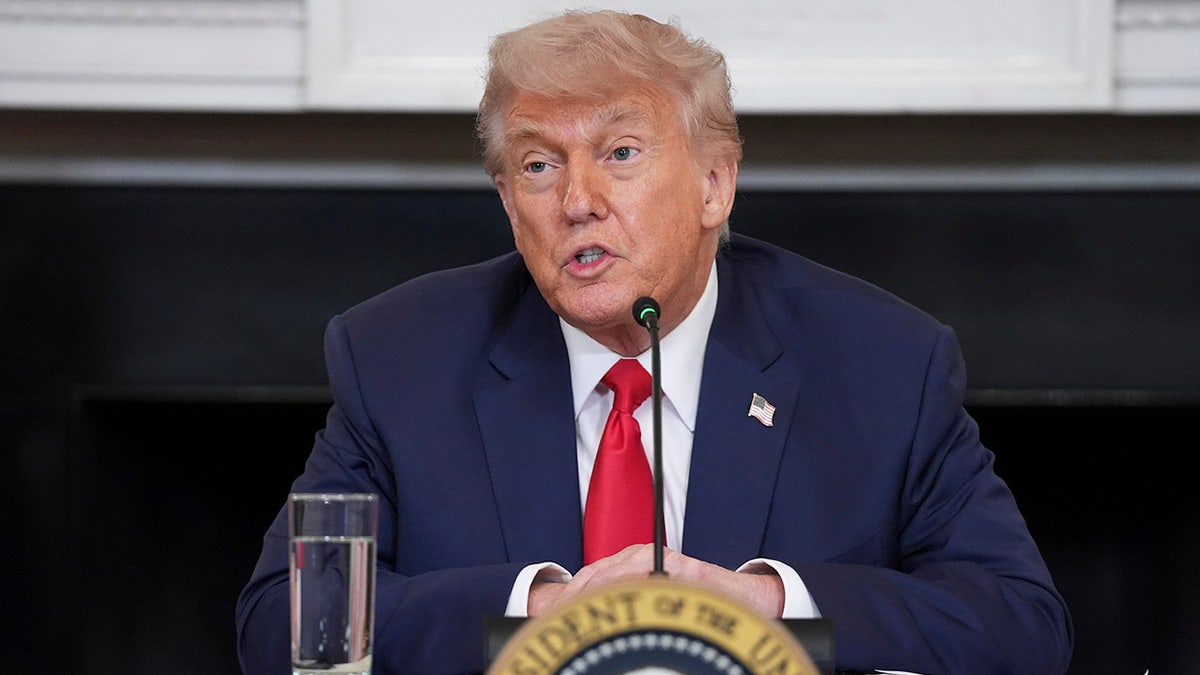
Judge Tigar’s ruling affirms this view, emphasizing that the First Amendment and Equal Protection Clause of the Fourteenth Amendment protect the rights of organizations to operate free of ideological censorship. His decision comes at a time when tensions around LGBTQ+ rights and DEI policies have reached a boiling point in national discourse, with conservatives framing these efforts as radical social engineering, while progressives see them as essential for equal access and opportunity.
The lawsuit may also become a landmark case in the ongoing debate over the limits of executive power, particularly when it comes to the use of federal funding as a policy enforcement mechanism. “At stake here is not only the future of LGBTQ+ services,” said one constitutional scholar, “but the balance of power between Congress and the presidency.”
While the Biden administration had supported and expanded many DEI initiatives during its term, President Trump has made their removal a key part of his second-term agenda. His advisers frequently portray DEI and transgender policies as threats to American values, and the president has spoken openly about wanting to purge such programs from all levels of government.
Critics argue that this language and policy orientation have emboldened broader anti-LGBTQ+ sentiments across the country, resulting in a surge of legislation aimed at restricting gender-affirming care, bathroom access, and LGBTQ+ education.
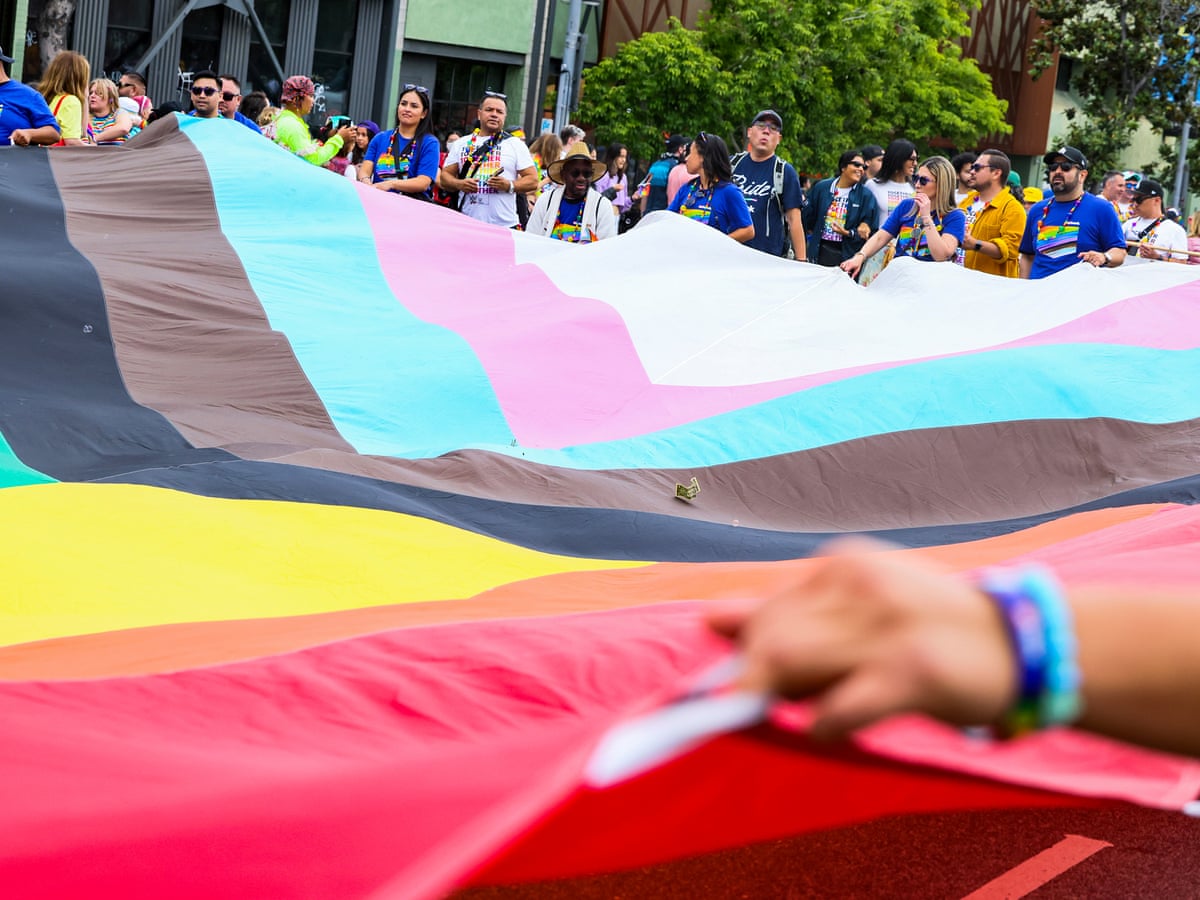
Though the full impact of the court’s ruling remains to be seen, for now, LGBTQ+ organizations can breathe a temporary sigh of relief. Programs that had been abruptly suspended or restructured may resume, and those fearing further government overreach are cautiously optimistic. Still, the fight is far from over.
Legal observers expect the Trump administration to appeal swiftly to the Ninth Circuit Court of Appeals, and if the issue escalates to the Supreme Court, it could become one of the defining civil rights cases of the decade. At its heart, the case poses a fundamental question about the role of the federal government: Can the executive branch impose ideological purity tests on federally funded organizations under the guise of fiscal policy?
“This ruling reaffirms a basic truth: that our Constitution protects not just popular ideas, but also those that challenge power,” said one LGBTQ+ advocate in a press briefing following the court’s decision. “We will not be erased. We will not be silenced.”
For the thousands of Americans who depend on LGBTQ+ organizations for healthcare, support, and education, Judge Tigar’s ruling offers a lifeline. But it also signals that the battle over identity, speech, and government control is intensifying—and may soon return to the highest court in the land.
